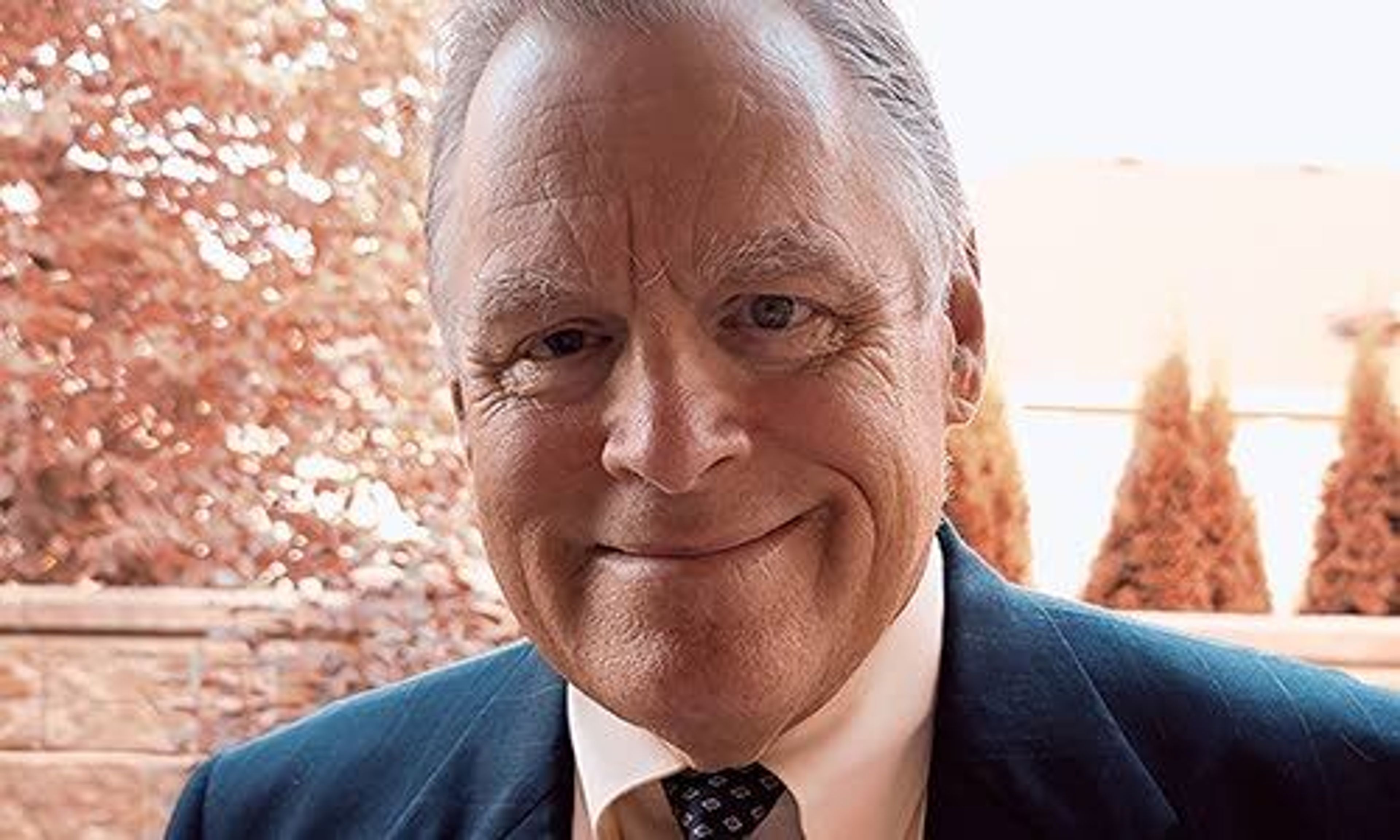Tucked inside the volumes of new Idaho laws taking effect this month was this gem: Public libraries must now screen wireless servers for obscene and pornographic materials.
It comes on top of an earlier measure that mandates the same filters on library wired internet services.
That’s not the law in Washington. It’s not the law in many states. There is a federal program that steers money to libraries that insulate children from pornographic material on the web. But it’s up to those individual libraries to apply for the money and to then decide how to comply with the federal law.
What’s weird about Idaho is how its politicians routinely attack the evils of Big Brother government.
Yet, at the instigation of anti-obscenity groups, state lawmakers conveniently overlooked the rights and responsibility of parents to serve as the primary custodians of their children.
Why does the Idaho Legislature prefer to hand over those powers to an unnamed internet filter or an IT staffer?
The idea of censorship is anathema to libraries. It’s almost like asking a newspaper to cast aside the First Amendment.
Libraries are where you seek out — as the librarians’ professional code requiries — the values of democracy: access, privacy, diversity, learning and “the principles of intellectual freedom and (resisting) all efforts to censor library resources.”
No wonder the Idaho Library Association outlined its opposition to this year’s bill, in part because it “interferes with the right of local public library boards to independently determine local library policy, staffing and services based on community standards and needs.”
Then there is the practical side of this.
It’s one thing to filter a wired internet service. But the idea of filtering wireless can be expensive. Legislative sponsors of the mandate figured it would cost each library about $2,500. But like so many legislative fiscal impact statements, nobody’s sure if that estimate is even close.
Filtering services are based on abstractions — such as key word or phrase searches — and are inherently inaccurate. You get a lot of what you don’t want, such as, ironically, pornographic images. People are skilled at working around them. For example, using a foreign language is a standard technique. Another is misspelling the word “porn.”
But, as a San Jose Public Library study found, here are some of the sites or material that would be falsely blocked by a filter:
l Medical sites such as WebMD.
l Sites for “Parents and Friends of Lesbians and Gays.”
l VictimsofPronography.org, which actually seeks to help victims of pornography.
l Lesbian.org.
l Sites for the American Urological Association.
l Breast cancer information.
l Sites about World War II history, a Wikipedia entry for “Hustler” magazine and even a National Geographic image of beavers.
Yet, the library documented instances when filters failed to block adult sex chat sites or searches for “violent sex site,” “porn videos” or “animal sex photos.”
One remedy for this would have each library hire an information technology specialist to create so-called white lists — allowing topics that are falsely blocked back into the system — and their opposite, black lists, that stop material the filters failed to catch.
But who’s going to have the money for that? Perhaps libraries in larger Idaho cities can acquire the resources. Rural and smaller libraries will not.
All of which explains the eclectic group of Republicans and Democrats — three in the House and 10 in the Senate — who voted no. Maybe it was the unfunded mandate that turned them off. If not, it may have been the bill’s tilt toward authoritarianism.
Among them were Rep. Priscilla Giddings, R-White Bird, Kay Maurin of Moscow, who substituted for Rep. Caroline Troy, R-Genesee, in early March, as well as state Sens. David Nelson, D-Moscow, and Carl Crabtree, R-Grangeville.
But the rest of Idaho’s lawmakers preferred to substitute their judgment for those of parents, inflict another fiscal wound on the state’s small libraries and compromise free speech. They weakly decided not to risk the accusation of being tolerant of dirty pictures and foul language.
That’s not a political hill many want to die on. — M.T.









